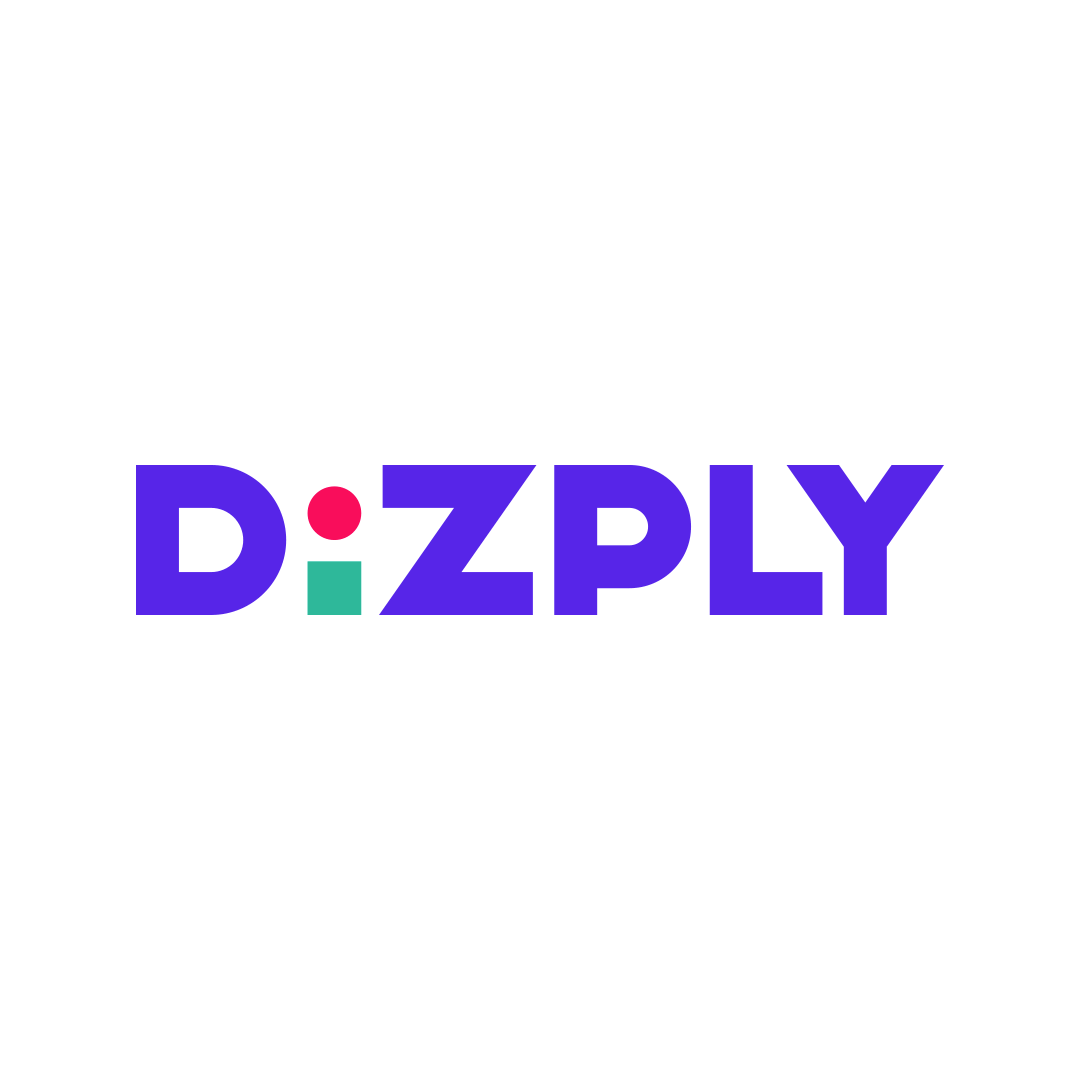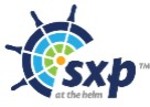Description

Dizply

Tracked for Basecamp
Comprehensive Overview: Dizply vs Tracked for Basecamp
Dizply and Tracked for Basecamp are tools designed to enhance productivity and project management by offering specific functionalities targeted at different market segments. Here's a detailed overview of each:
Dizply:
a) Primary Functions and Target Markets:
- Primary Functions: Dizply is primarily a collaborative tool aimed at creative teams and agencies. It functions as an ad and design asset management platform. Key features include version control, feedback loops, and streamlined approval processes for digital assets. It enables users to manage creative production workflows efficiently by providing a centralized platform for asset collaboration, review, and approval.
- Target Markets: Dizply targets digital marketing agencies, creative teams, and enterprises that require robust asset management and streamlined collaboration processes. This includes advertising firms, media companies, and any organization involved in producing digital creative content.
b) Market Share and User Base:
- Overall Market Share: Dizply caters to a niche market focused on creative asset management. Its market share is relatively small compared to broader project management solutions but is significant within its niche.
- User Base: The user base primarily comprises creative professionals and agencies looking for a specialized tool to manage and streamline their design workflows. Its popularity is higher among teams heavily involved in creating and reviewing digital assets.
c) Key Differentiating Factors:
- Specialization in Creative Processes: Dizply’s primary differentiation lies in its focus on managing creative workflows and assets, offering tools specifically designed for collaboration in creative processes.
- Feedback and Approval Features: Streamlined mechanisms for collecting feedback and approvals set it apart from more generic project management tools.
- Integration Capabilities: Integration with design tools and platforms is a significant advantage, providing seamless workflows for creative teams.
Tracked for Basecamp:
a) Primary Functions and Target Markets:
- Primary Functions: Tracked is an enhancement tool for Basecamp, a popular project management software. It adds time-tracking capabilities to Basecamp, allowing users to monitor project time expenditure directly within their existing Basecamp workflows.
- Target Markets: The target market includes any businesses or teams already utilizing Basecamp for project management and needing detailed time-tracking functionalities. This includes software development teams, consultants, and small to medium-sized businesses looking to integrate time tracking without switching from Basecamp.
b) Market Share and User Base:
- Overall Market Share: Tracked's market share is tied closely with Basecamp's user base. It is essentially a value-adding tool for existing Basecamp customers, rather than a standalone product, so its market presence is contingent on Basecamp's popularity.
- User Base: The user base consists of existing Basecamp users who require time-tracking capabilities, making it relatively niche but essential for users looking for built-in time management within Basecamp.
c) Key Differentiating Factors:
- Integration with Basecamp: Its main differentiation is seamless integration with Basecamp, adding valuable time-tracking capabilities without needing a separate tool or complex integrations.
- Ease of Use: Simplicity and ease of use are crucial as it extends familiar Basecamp functionalities rather than introducing a new system, which is an attractive feature for teams already comfortable with Basecamp.
- Focused Time-Tracking Features: While Basecamp focuses more on overall project management, Tracked provides focused enhancements for time-tracking, thereby filling a functional gap in Basecamp's offering.
Conclusion:
Dizply and Tracked for Basecamp serve different purposes and markets, with Dizply focusing on creative teams needing asset management, and Tracked enhancing project management capabilities for teams using Basecamp. Their market shares are niche-specific, with Dizply excelling in digital creative workflows, and Tracked providing additional functionality within the Basecamp ecosystem. Their key differentiating factors revolve around the specialization in their respective features and integration ease with existing systems.
Contact Info

Year founded :
2016
+1 573-287-3109
Not Available
Poland
http://www.linkedin.com/company/dizply

Year founded :
Not Available
Not Available
Not Available
Not Available
Not Available
Feature Similarity Breakdown: Dizply, Tracked for Basecamp
As of my last update, there is limited specific information available on niche tools like Dizply and Tracked for Basecamp, as they might not be widely covered in general data sets. However, I can provide a general approach for comparing project management or collaboration tools like those you mentioned, based on common themes and known details about industry-standard tools like Basecamp.
a) Core Features in Common
-
Task Management: Both would typically provide ways to create, assign, and track tasks. This includes managing to-do lists, setting deadlines, and updating task statuses.
-
Collaboration Tools: Features for team collaboration such as messaging, file sharing, and commenting on tasks.
-
Time Tracking: Both tools likely offer time-tracking capabilities to monitor how long tasks take, essential for billing and productivity.
-
Project Overviews: Dashboards or overview screens that give insights into project progress and health.
b) User Interface Comparison
- Usability: They both likely emphasize ease of use with intuitive interfaces, as is common with tools meant to streamline project management.
- Design Elements: Basecamp is known for its clean, straightforward design which appeals to users who prefer simplicity. Dizply and Tracked for Basecamp might follow a similar design ethos, focusing on essential elements without unnecessary complexity.
- Customization: The ability for users to customize their dashboard or interface to fit their workflow can differ, with some tools offering more flexibility than others.
c) Unique Features
-
Dizply Specific Features: If Dizply is more geared towards creative teams, it might have features like asset management, advanced file preview capabilities, or integration with design software.
-
Tracked for Basecamp Specific Features: Tracked might offer enhanced reporting features or deeper integrations with Basecamp's ecosystem, allowing for more comprehensive tracking within projects already using Basecamp.
To get precise and up-to-date information, especially with unique features and user interfaces, it would be helpful to directly refer to each product’s website, user guides, or reviews from recent users who may provide deeper insight into their respective functionalities.
Features

Not Available

Not Available
Best Fit Use Cases: Dizply, Tracked for Basecamp
As of my knowledge cutoff in October 2023, I don't have specific information about a product called "Dizply, Tracked for Basecamp." However, I can provide a general framework for evaluating typical software applications in terms of project management, task tracking, and creative collaboration based on similar tools and features they might offer. If Dizply and Tracked for Basecamp are software products related to these functionalities, the following analysis might apply:
a) Best Fit Use Cases for Dizply
Creative Agencies and Marketing Teams:
- Dizply may be ideal for businesses focusing on creative work such as advertising agencies, marketing departments, or design studios. Such tools often offer features like asset management, creative project tracking, and client approval workflows.
Content Production Projects:
- If Dizply is a tool that supports the smooth management of content production, it could be excellent for teams that work on video production, publishing, and other media projects. These industries often require collaborative platforms with strong emphasis on version control and deadline management.
Teams Requiring Visual Collaboration:
- Companies that rely heavily on visual content creation might find Dizply beneficial, especially if it integrates features like design feedback, mockup sharing, or interactive prototype displays.
b) Preferred Scenarios for Tracked for Basecamp
Project-Based Firms:
- Tracked for Basecamp would be useful for any business heavily dependent on Basecamp for project management. This includes consultancy firms, IT development teams, and event planning companies that use Basecamp’s project organization and communication tools.
Small to Medium Enterprises (SMEs):
- If the tool offers extensions that build upon Basecamp’s capabilities, it might be perfect for SMEs that need detailed tracking and reporting without the resources to invest in more complex enterprise solutions.
Companies Needing Enhanced Time Tracking:
- Tracked could be favored for companies that require detailed time tracking and reporting, aiding in billing, payroll, and budgeting processes. This can include freelance teams and contractors who bill clients based on hours worked.
d) Catering to Different Industry Verticals or Company Sizes
Dizply:
- Industry Verticals: Likely to serve industries such as advertising, media, and design where a visual interface and creative collaboration are paramount.
- Company Sizes: Could be more aligned with mid-sized to large companies where multiple team members need to collaborate on asset-heavy projects. Smaller creative teams might also benefit, especially if they are project-centric.
Tracked for Basecamp:
- Industry Verticals: Applicable across various industries due to the versatility of project management needs. This can range from tech firms to marketing companies to non-profits using Basecamp.
- Company Sizes: Useful for both small teams that rely on Basecamp for basic functionality and larger organizations that need more sophisticated tracking tools integrated with their existing Basecamp usage.
Conclusion
When choosing between the hypothetical use cases of Dizply and Tracked for Basecamp, businesses must consider their specific needs related to creative collaboration and time/project tracking. Knowing how these tools integrate into existing workflows and the size and type of projects they best serve will guide an effective choice.
Pricing

Pricing Not Available

Pricing Not Available
Metrics History
Metrics History
Comparing undefined across companies
Conclusion & Final Verdict: Dizply vs Tracked for Basecamp
To provide a comprehensive conclusion and final verdict for Dizply and Tracked for Basecamp, let's evaluate these products from various perspectives such as features, price, user experience, and potential use cases.
a) Considering all factors, which product offers the best overall value?
Verdict: The best overall value between Dizply and Tracked for Basecamp largely depends on the specific needs of the user or organization.
-
If seamless integration with Basecamp and managing tasks directly within the Basecamp ecosystem is a priority, Tracked for Basecamp offers an excellent value through its targeted features designed specifically for Basecamp users.
-
However, if broader project management features and possibly more customization or integration with other platforms are required, Dizply may prove to be a better value.
b) What are the pros and cons of choosing each of these products?
Dizply Pros:
- Broader project management capabilities that may extend beyond what is offered by Basecamp.
- Potential for higher customization and flexibility with integrations across different platforms.
- Useful for organizations looking for a more standalone project management solution.
Dizply Cons:
- May offer more features than necessary for teams looking for a simple Basecamp extension.
- Potentially higher costs if the full suite of Dizply's features are not utilized.
Tracked for Basecamp Pros:
- Seamless integration with Basecamp, providing a familiar environment for users already accustomed to Basecamp's ecosystem.
- Streamlined and focused features designed to enhance Basecamp's existing capabilities.
- Typically easier and quicker to set up for Basecamp users.
Tracked for Basecamp Cons:
- Limited utility outside the Basecamp ecosystem, which might restrict usability if future needs expand beyond Basecamp.
- May lack some advanced project management features found in broader software solutions like Dizply.
c) Are there any specific recommendations for users trying to decide between Dizply and Tracked for Basecamp?
Recommendations:
-
Evaluate Current Workflow: Users should assess whether their current project management workflow is deeply embedded within Basecamp. If this is the case, Tracked for Basecamp might be the most convenient and intuitive choice due to its seamless integration.
-
Consider Future Expansion: Teams anticipating the need to integrate with other tools or scale the complexity of their projects might lean towards Dizply, given its potential for broader integration and more robust features.
-
Budget Constraints: While evaluating, consider the pricing models of both solutions in the context of the allocated budget. Ensure that the choice aligns with financial considerations while offering the most significant benefit.
-
Trial Both Products: If possible, trial versions or demos of both products can provide practical insight into their usability and effectiveness in real-world scenarios for the team.
In conclusion, the choice between Dizply and Tracked for Basecamp should be made after careful consideration of specific organizational needs, integration requirements, and potential future expansion. By aligning these factors with the unique strengths of each product, users can select the solution that offers the best overall value for their specific situation.
Add to compare
Add similar companies



